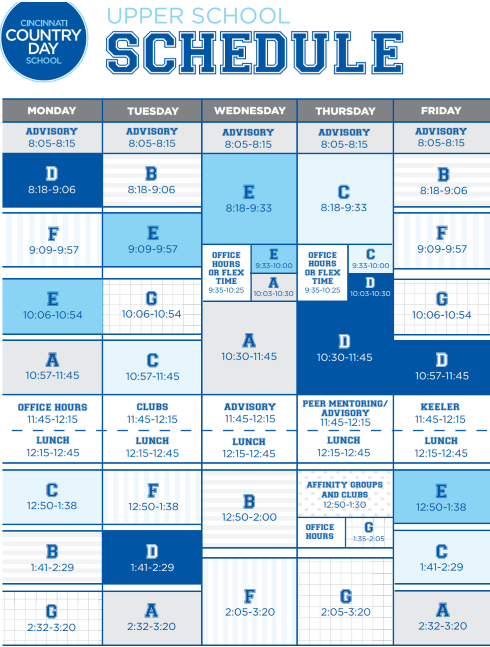By Alexandra Sukin ’15, Contributor
On Sunday evening May 6, in a packed yet quiet Cintas Center, Professor Elie Wiesel posed philosophical questions to which he is still seeking the answers. A Nobel Peace Prize winner and prolific author, Professor Wiesel asked the audience to reflect on such enigmas as, “Where are we [as human beings]? What are we doing in this world?” In exploring these questions, Wiesel’s talk was both profoundly pessimistic about the continuing capacity of people to do evil and guardedly optimistic about the power of education. As one of the remaining and aging Holocaust survivors, Wiesel acknowledged both the pain and importance of bearing witness to the horror of his experiences in the Nazi death camps. As in Sunday’s talk, he dedicates his life to reminding the world of what happened, in the hopes of educating people about the dangers of indifference and intolerance.
In one of the more poignant moments of the speech, Wiesel urged that holocaust denial be considered a crime in the United States, as it is in France and Germany, due to the profound harm caused to the survivors and their descendants by such denials. However, the centerpiece of his speech focused on the necessity of treating all people with respect. He noted that we should all strive to be the best of whoever we are, with respect accorded to each other. In essence, he cautioned that we should not try to make everyone in the world like us, but rather accept each other. Wiesel also warned the audience that hope can be a curse that can be manipulated by perpetrators of atrocities. He related the story of how the Nazis would give the Jews hope during the roundups by targeting areas in a fragmentary manner allowing them to believe that their street, town or neighborhood would not be targeted. Wiesel admonished the audience to never let this type of hope lead you to inaction. Whenever and wherever you see injustice, Wiesel asserted, “always fight immediately.”
At the conclusion of the talk, several questions that had been submitted by the students of the over 70 schools in attendance, Cincinnati Country Day among them, were posed to and answered by Wiesel. In response to a question asking what can be done to prevent tragedies like the Holocaust from happening, Wiesel encouraged young people to study, learn, read and discuss these issues with their peers. Wiesel stressed that education is extremely important in combating hatred.
In the evening’s concluding remarks, Sarah Weiss, granddaughter of Holocaust survivors and the Executive Director of The Center for Holocaust and Humanity Education (CHHE), invited members of the audience to further their education by visiting CHHE. It is located only a few miles from Cincinnati Country Day at 8401 Montgomery Road.
HJM



